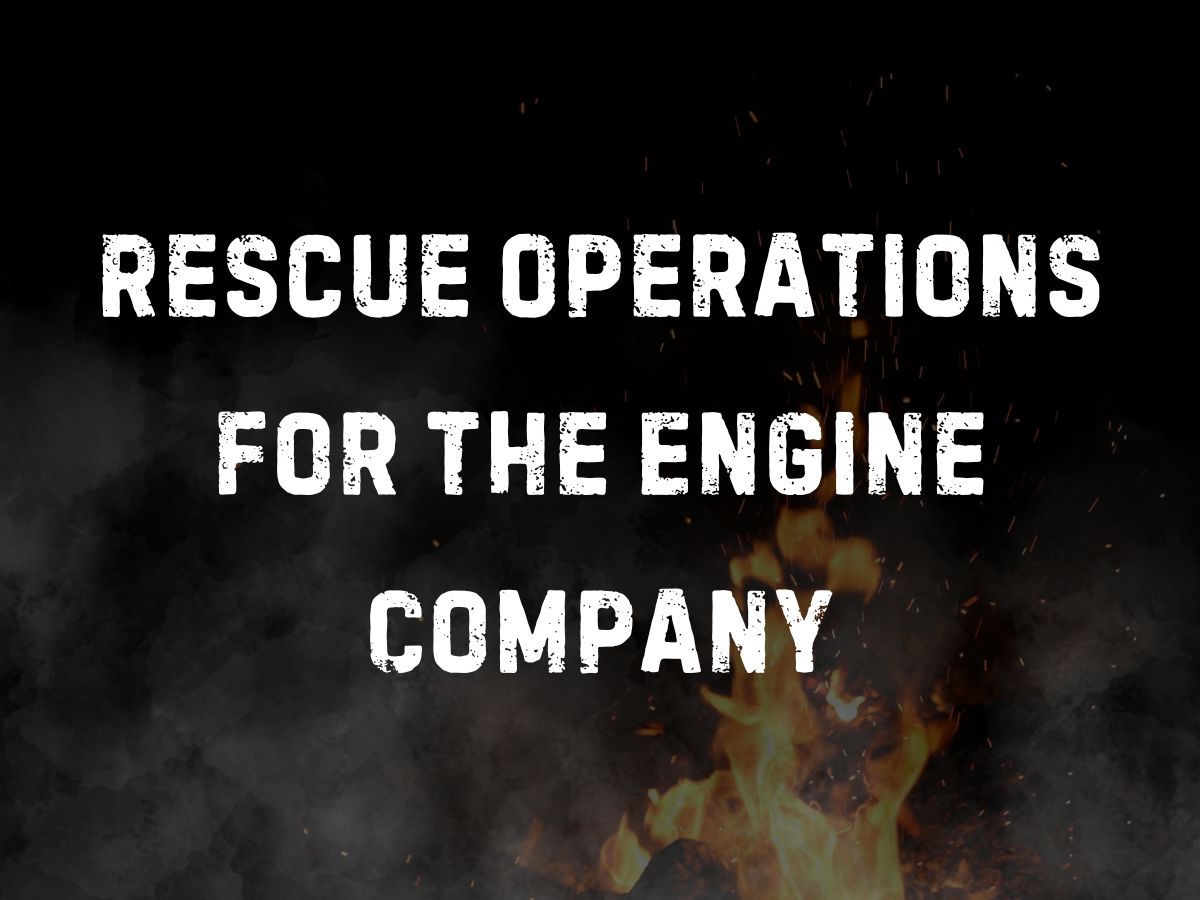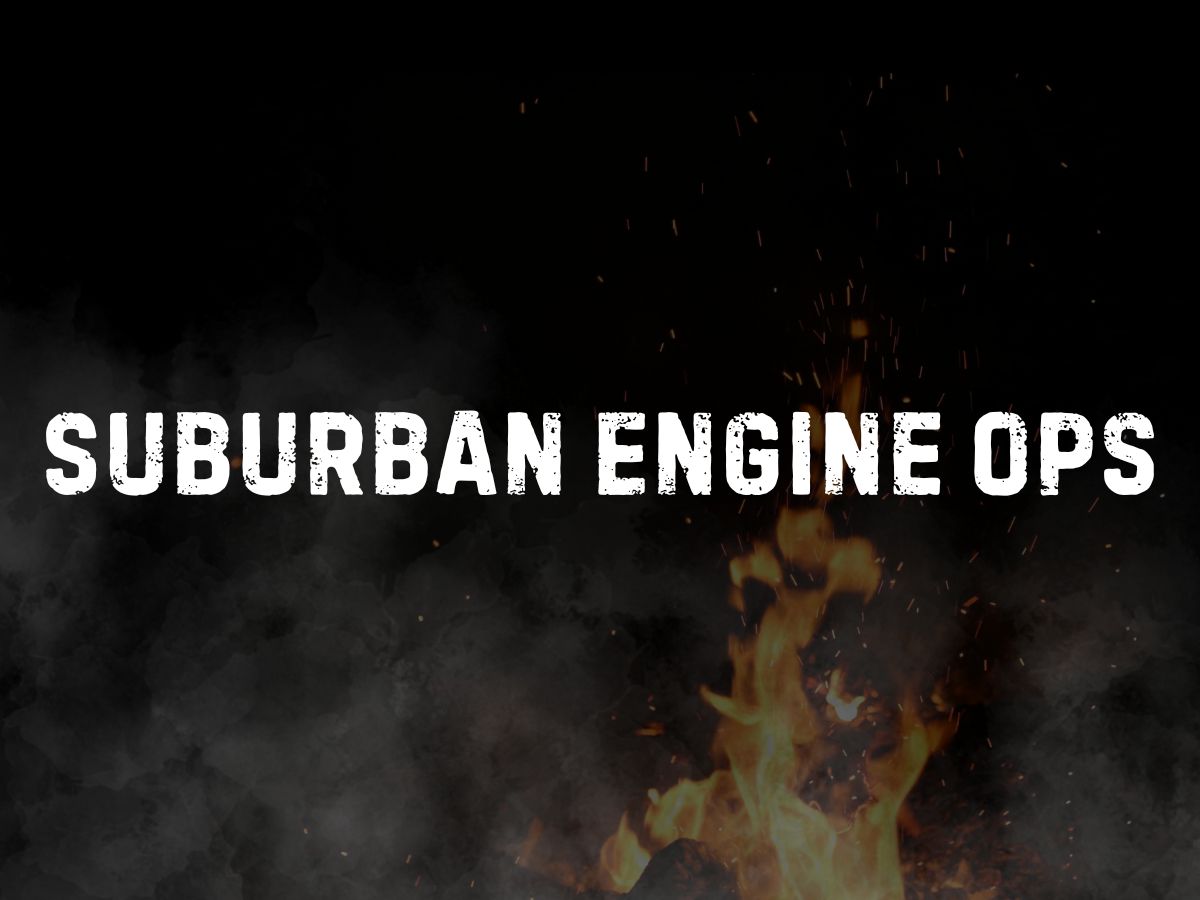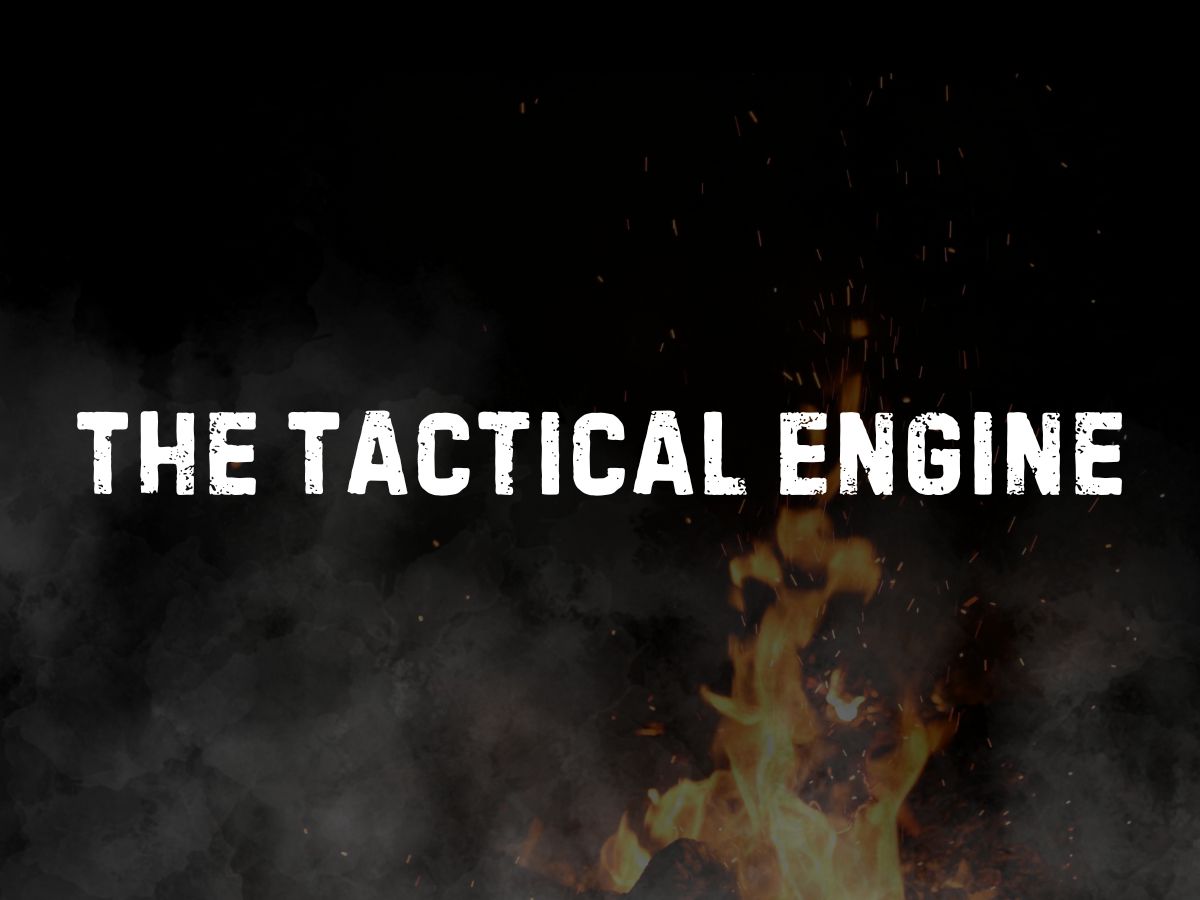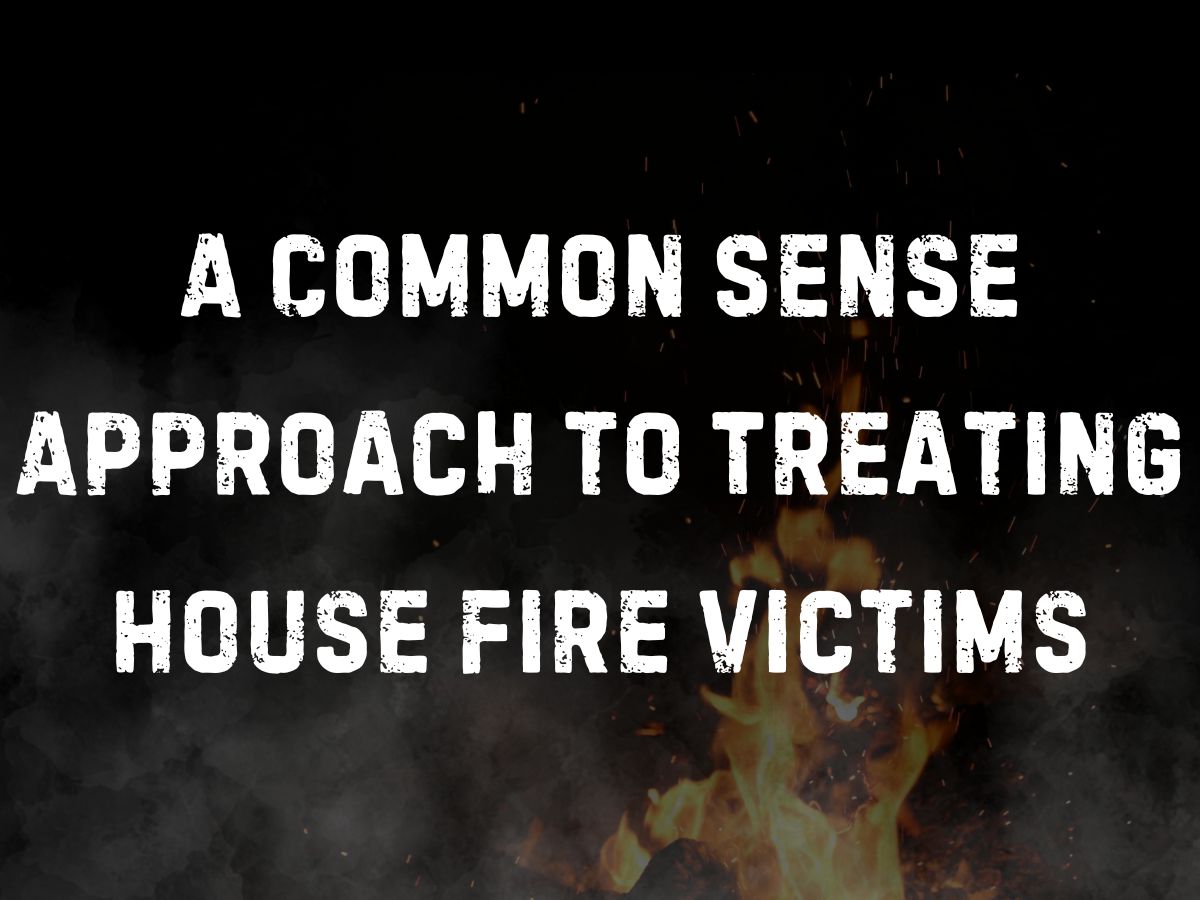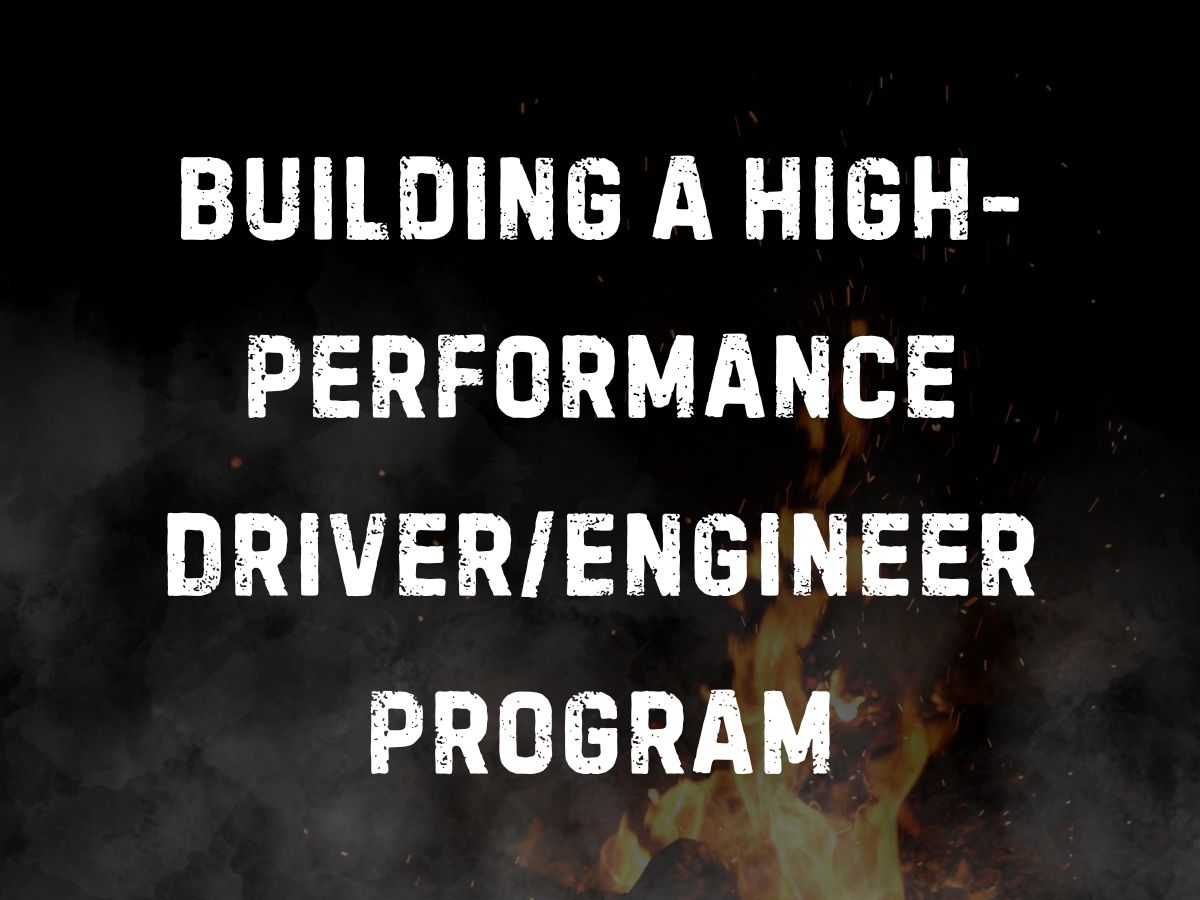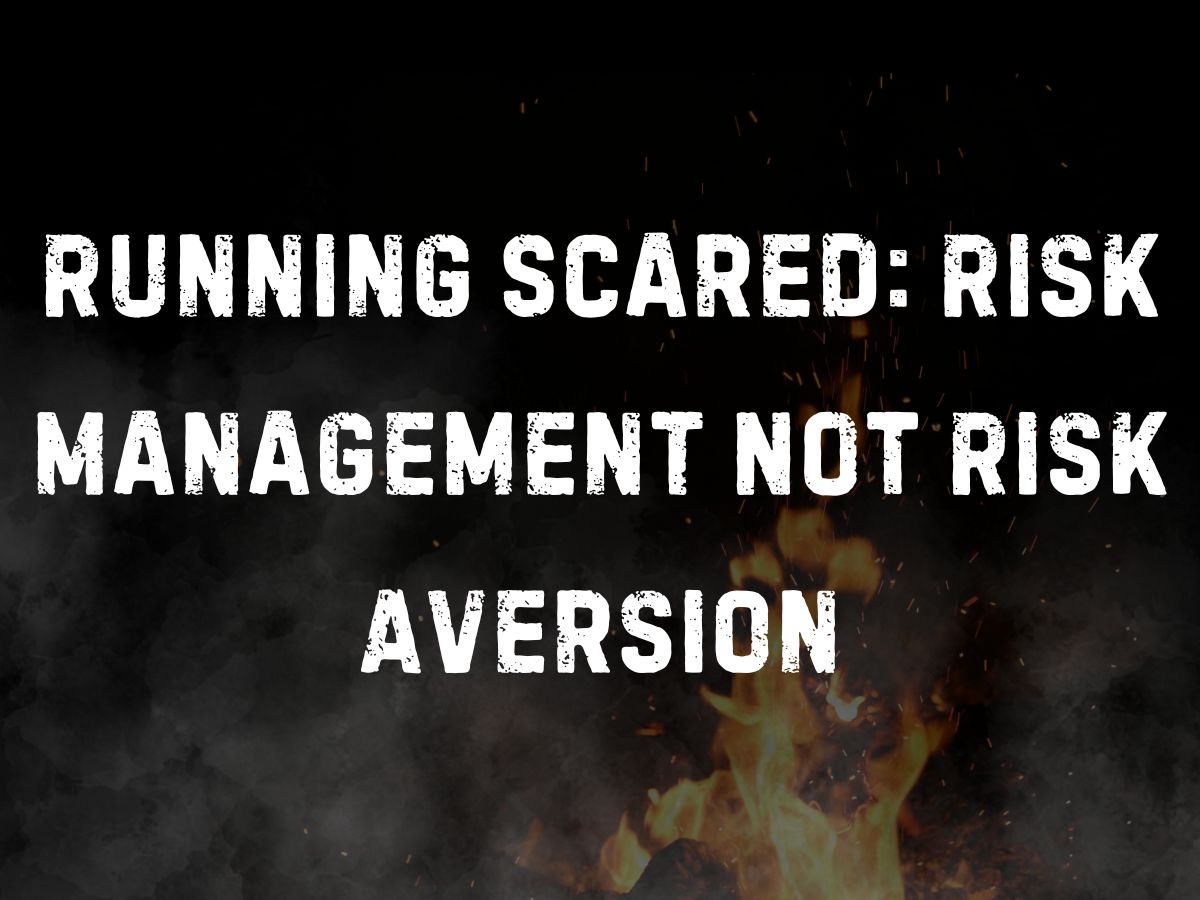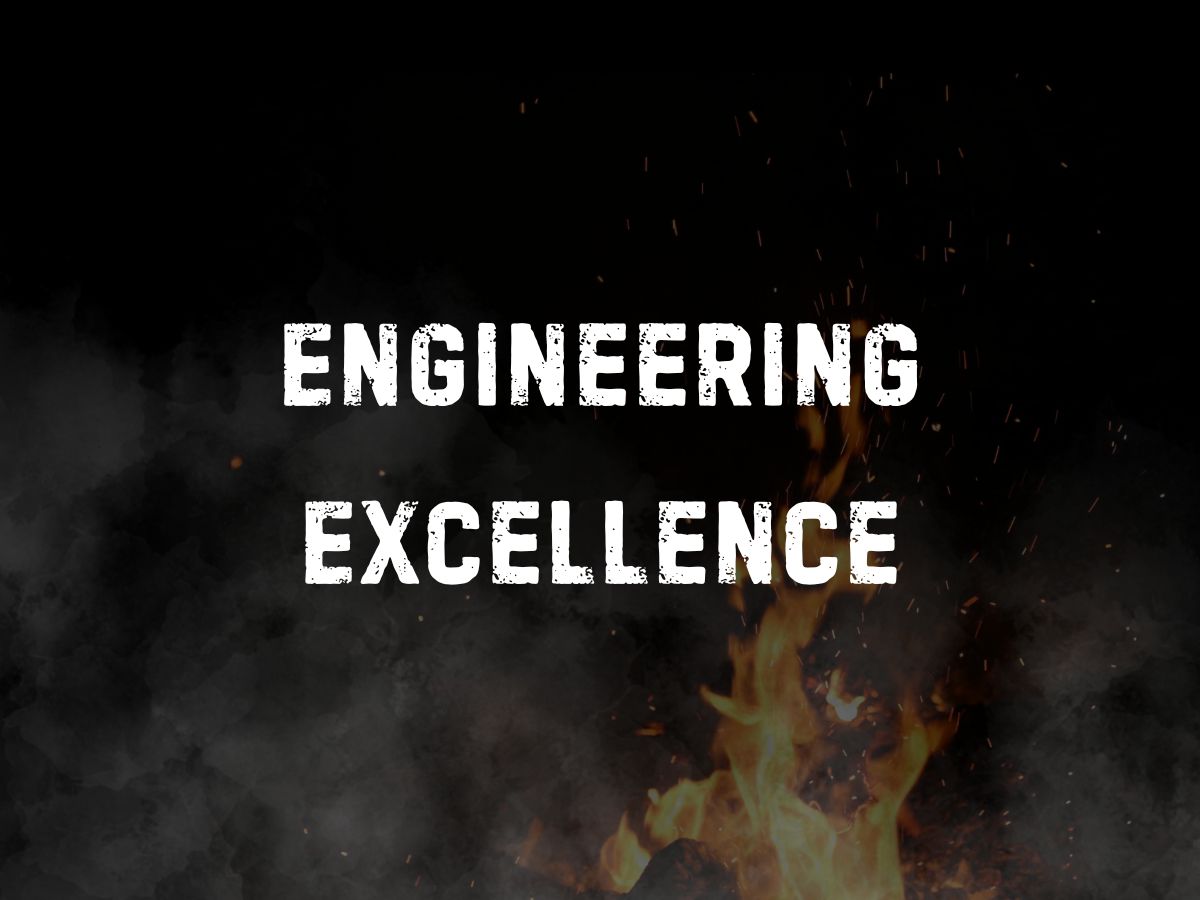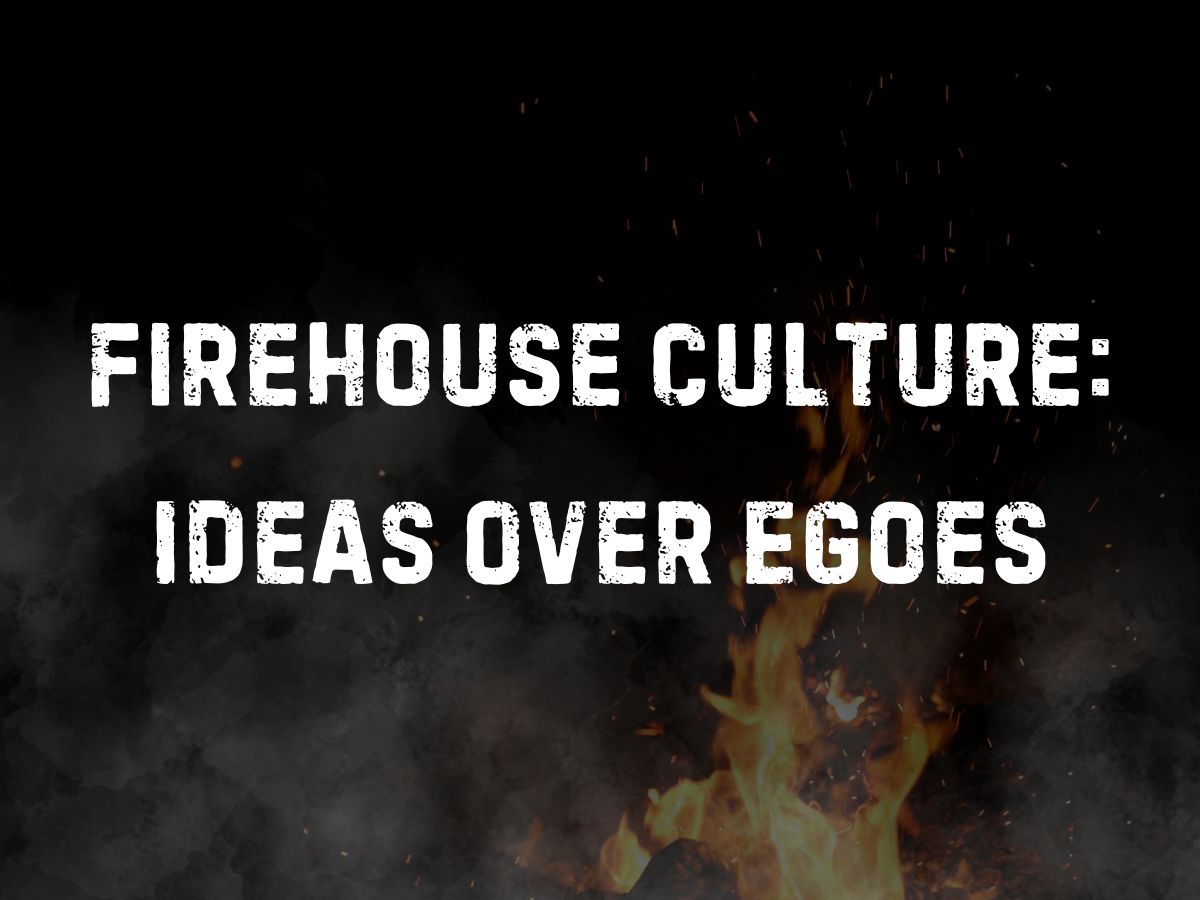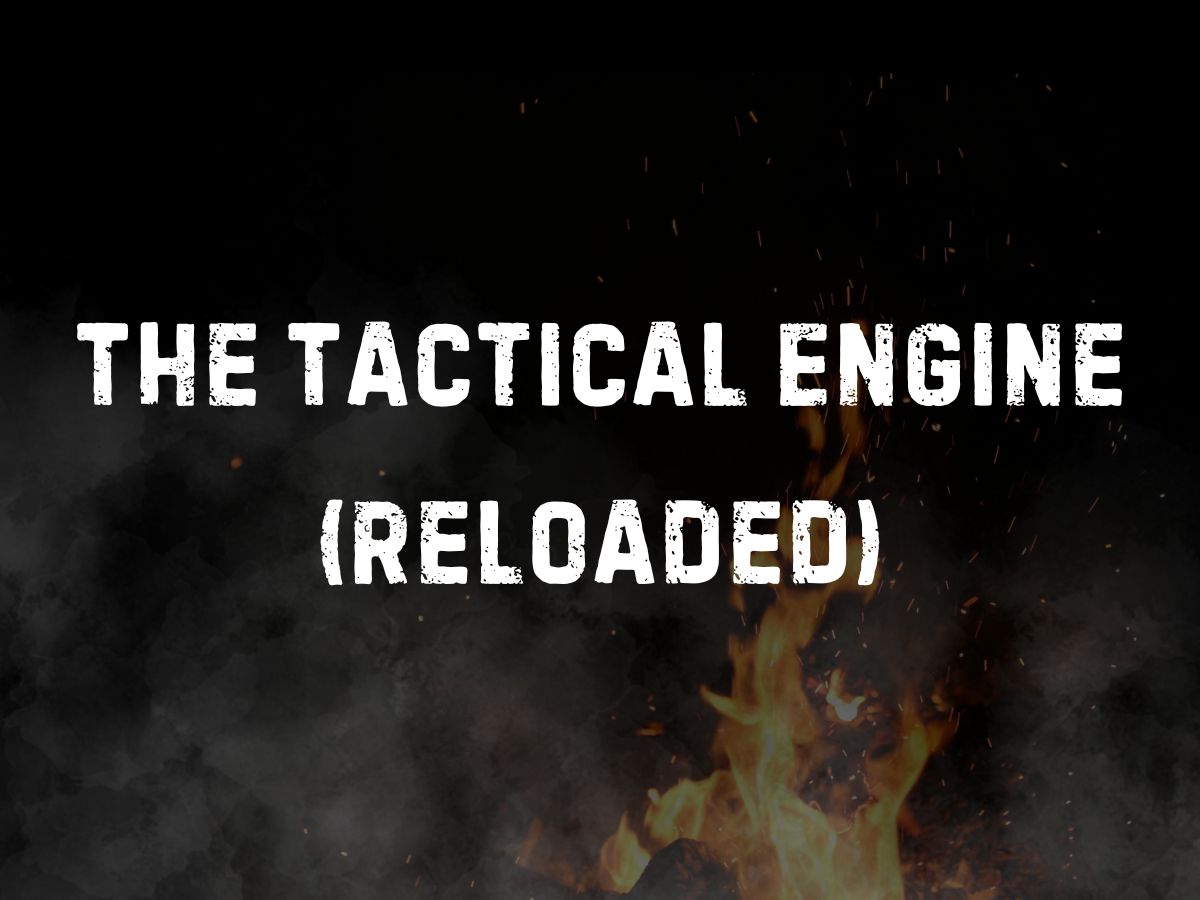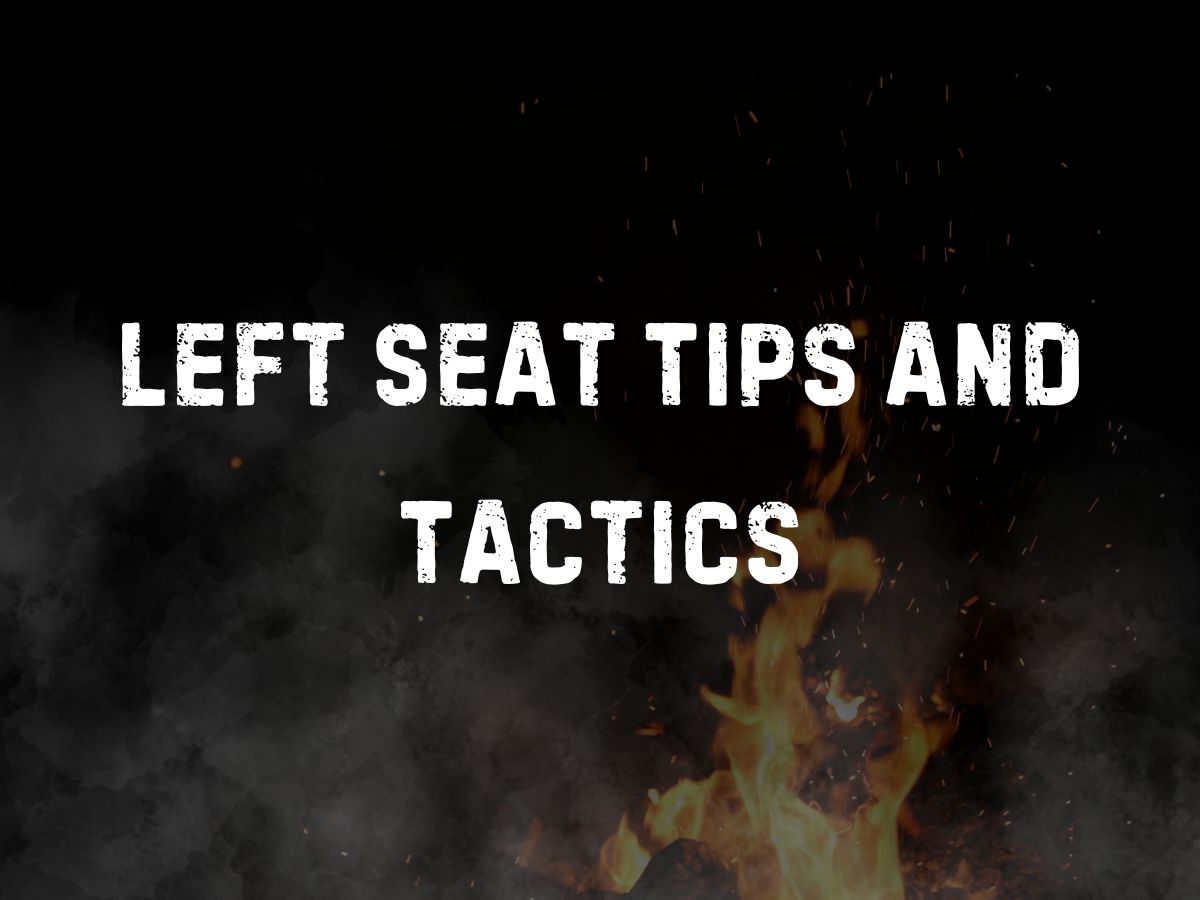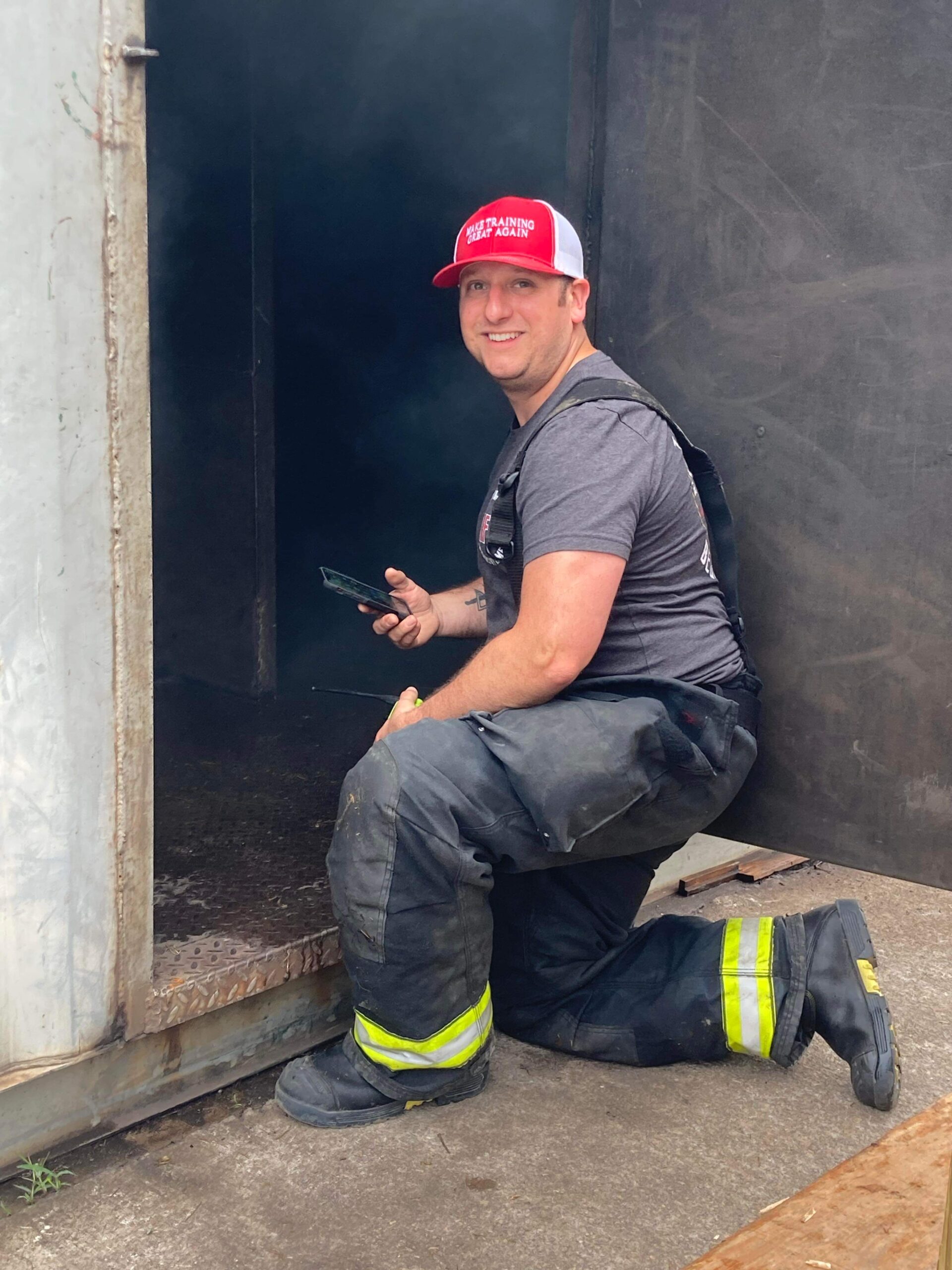
Nick Peppard
Nick Peppard is a 19-year student of the craft currently serving as a firefighter/paramedic with the Oshkosh (WI) Fire Department. He holds numerous certifications and a B.A.S. in Fire Science Administration from Waldorf University. He has presented at numerous local, regional and national conferences and has articles published in leading trade magazines. Nick is co-founder of the Rust Belt Jakes, committee member of the Sawdust City Fire Expo, training chair with the Old-Fashioned FOOLS, and co-host of the Make Due: Suburban Fireman Podcast.
Nick Peppard's Courses
This class examines real world rescue incidents uniquely from the perspective of the engine company. We will review tool compliments that are common to the engine as well as outside the box uses for these tools and equipment. Finally, we will review management and leadership principles for both routine and complex incidents. This is an interactive class drawing on shared experiences from attendees as well as experiences faced over the instructor’s nearly 2 decades of running calls in rural, suburban and urban systems.
Rust Belt Jakes host this fast-paced hands-on class aimed at two of the most critical fire ground skills: placing attack lines in service and deploying ground ladders for rescue. Join Rust Belt Jakes for this one-day hands-on training with a primary focus on getting the first line in service, ladders up and searches performed. Students will be able to work on skills including hose line deployment, movement, flowing water, ground ladders, primary search and working off an aerial ladder. Students will be faced with fast paced repetitions and scenarios.
According to the NFPA nearly 85% of fire departments operate in the suburban or rural setting. This translates into some often creative problem solving and or modifications to our apparatus, attack packages and tactics. Furthermore, the engine company is the one piece of equipment universal to nearly every fire department in the country. While the apparatus may be called by different names or call signs, the fact remains that saving lives and property by strategically placed fire streams operated by skilled, aggressive, interior engine company firefighters remains one of the most important tactical operations and is the hallmark of the American fire service.
This class is designed to expose students to numerous attack package options, proper deployment, advancement and management of hoselines of various internal diameters, working beyond the preconnect, advanced engine operations such as blitz attacks, courtyard stretches, bundles, well stretches, working from ground ladders and long side/short side engine search techniques. The course will give students information and skills that are immediately applicable to their job regardless of department size or makeup.
The Tactical Engine is a down and dirty look at the blue-collar fundamentals of aggressive Engine work. This class will examine effective tactics for first-alarm assignment Engine companies. It will explore efficiently performing essential fireground tasks and will delve into tactical priorities. The class will address Truck work for Engines that don’t have the luxury of8 properly staffed truck companies arriving in a timely manner. Oftentimes in the non-urban environment, Engine Companies are required to be able to “do it all” and shift gears quickly on the fireground. The fast-paced, HOT class is scenario driven with participants getting practical training in size up, initial strategic and tactical prioritization and decision making, weapon selection, handline management, water supply options, search options, VES, basic forcible entry, ground ladders and outside vent duties.
There is no doubt that the Engineer(driver/operator) is one of the most critical jobs in any fire company. This class is a fast-paced look at effective, time-tested techniques, tricks of the trade and tips for Engineers. This class will review tactical considerations on a variety of incidents uniquely from the perspective of the Engineer. The wide variety of incidents a fire company responds to requires the Engineer to be on his/her game at all times. The HOT class will impart several, real-world quick tips and will provide valuable practical training in areas such as booster back-up, relay, tandem and dual pumping operations, as well as diagnosing and correcting common (and some not-so-common) problems that Engineers may encounter on scene. Left Seat Tips and Tactics is geared towards current, newly promoted, and step-up engineers, as well as those firefighters seeking to promote and company officers looking to provide quality company level training to their crew.
On average a fire is dispatched every 21 seconds in the United States with a house fire occurring somewhere in our nation every 88 seconds. These fires result in an average of 3,000 fire fatalities annually with one fatality documented approximately every 3 hours and 14 minutes and a fire/smoke injury reported every 53 seconds. However, responding to, assessing and treating fire victims is a low-frequency, high-risk incident for many EMS providers. Thus, it is imperative that EMS providers are well-trained and familiar with assessment and treatment modalities for these patients. This class will take a common sense approach to managing these often-critical patients. Subjects covered include how smoke and fire insult the human body, assessment tools and clinical findings to rapidly and accurately assess these patients, airway management, pain management, burn management, transport and destination considerations. The instructor draws on two decades of fire and EMS experience to present students with experience-driven, patient-focused principles when treating house fire victims in the streets.
This program is geared towards company officers, chief officers and training officers involved with developing, implementing and evaluating driver/engineer training programs. The instructor will share his personal experience in building a highly-successful driver/engineer training program and the lessons learned during the process. The class will draw on years of personal experience, training and education in sharing best practices and pitfalls to avoid when developing the standards, curriculum and evaluation methodology. We will also discuss the ingredients of a high-performance driver/engineer culture. Finally, the program will look at successfully training and mentoring firefighters for that pivotal next step in their career path.
The class will dissect the concepts of mission creep and normalization of deviance within our service. It will review and facilitate discussion on the current cultural divide pertaining to strategic, tactical and safety strategies being employed across the nation. It reviews extensive data, technical knowledge, and real world experiences to unwrap the many layers of the cultural battle happening amongst us in an effort to present sound, unemotional reasoning and create open, meaningful dialogue with the end goal being unity, mission readiness, and a return to our fundamental, blue-collar roots of service before self.
This class takes an extensive look at water delivery and application. It delves into the equipment, strategic goals, and tactical deployment models that are essential to success at the pump panel. It examines extensive technical knowledge, hydraulics, pump design, hose and nozzle construction, and how our strategies, tactics, equipment impact our effectiveness on the fireground. If you’re a student of all things ENGINE, this is the class for you!
This lecture covers manifestations of an ego driven culture and examines ways to combat this issue in your own firehouse. This class takes an honest, blue-collar approach to building productive teams where the best ideas win!
This class will examine effective tactics for first-alarm assignment engine companies. It will explore efficiently performing essential fireground tasks, will delve into tactical priorities and will examine fireground decision making. The class will also address truck work for engines that don’t have the luxury of properly staffed truck companies arriving in a timely manner.
This class is a fast-paced look at effective, time-tested techniques, tricks of the trade and tips for Engineers. We will review tactical considerations on a variety of incidents uniquely from the perspective of the Engineer

